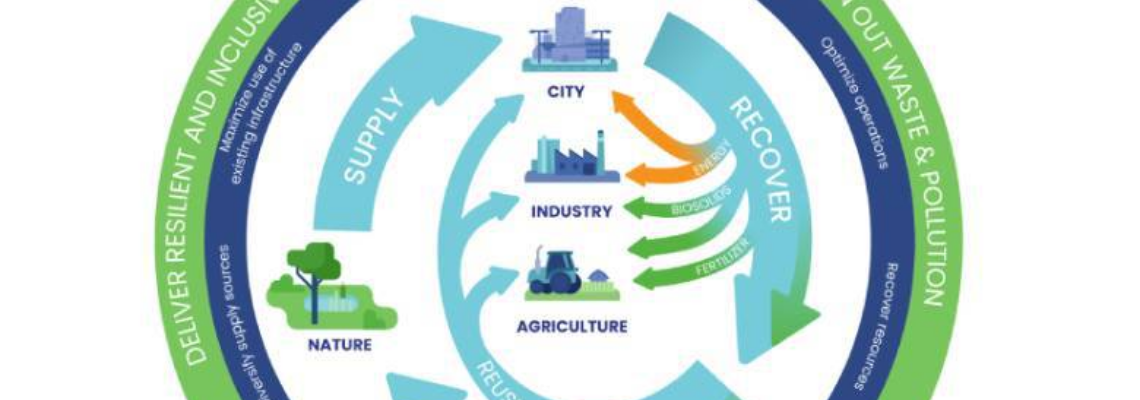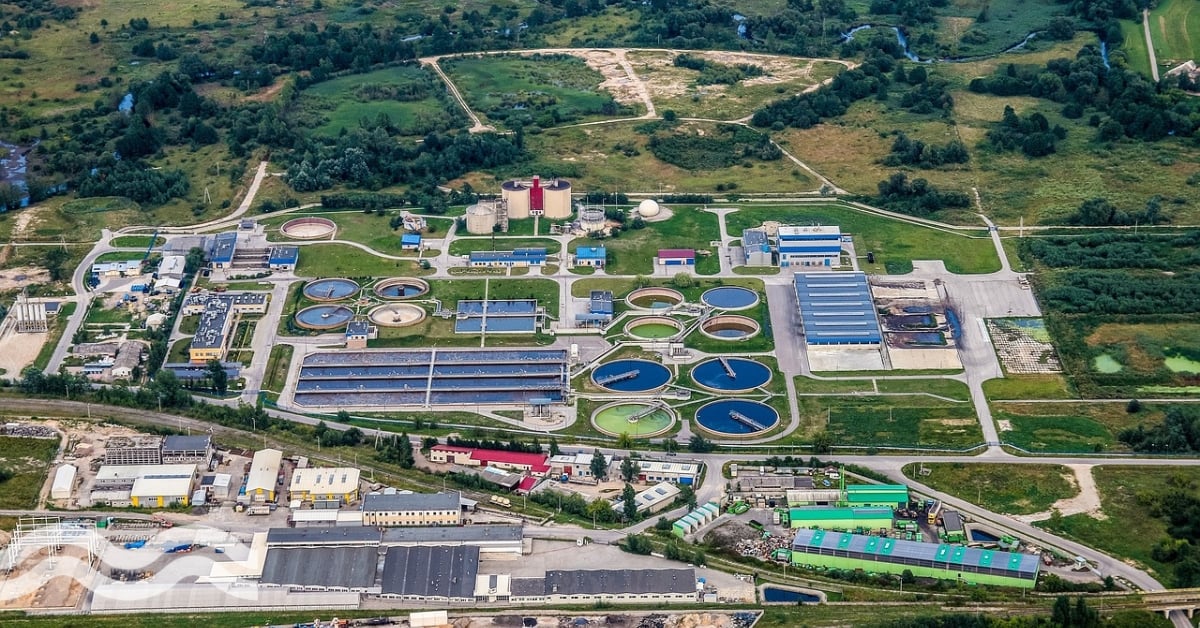Water in the circular economy framework announced by World Bank

A new framework has been released by the World Bank that could enable developing nations to leapfrog to circular economies.
Environmental, social & economic benefits
A new framework has been developed by the World Bank to help water practitioners ensure circular economy principles can be incorporated across policies and strategies, as well as planning.
Called the Water in Circular Economy and Resilience Framework (WICER), its application could provide environmental, as well as social, economic and financial benefits, according to the World Bank.
Announced as part of a new WICER report, it highlights the role of the water sector towards the reduction of greenhouse gas emissions through a combination of energy efficient measures and renewable energy self-generation.
Achieving three main outcomes
Furthermore, the World Bank said the WICER model could allow nations to leapfrog their way to circular economies.
“To avoid being locked into linear and inefficient systems, low- and middle- income countries can leapfrog and apply the WICER framework to design and implement circular and resilient water systems from the outset.”
The main report of the initiative, Water in Circular Economy and Resilience, describes the key actions needed to achieve three main outcomes: 1) deliver resilient and inclusive services; 2) design out waste and pollution; and 3) preserve and regenerate natural systems.
More information on the WICER report can be found here.


